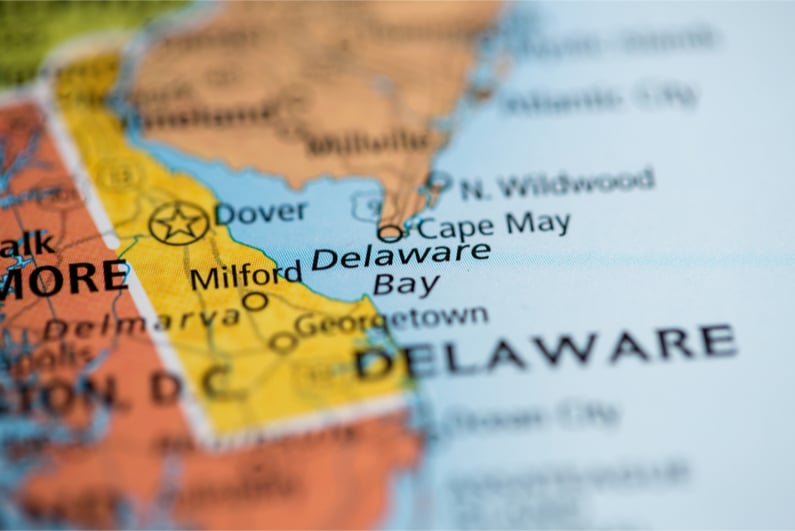Since sports betting was legalized in the US in May, numerous states have passed legislation to implement legalization. Directors of state lotteries are being encouraged to embrace sports betting in their respective states.
Background to state lotteries
Currently, 47 different jurisdictions have lotteries. This includes 44 states in addition to the US Virgin Islands, Puerto Rico, and the District of Columbia. Each of these jurisdictions implements its own laws.
Some lottery games are offered across state lines and therefore have significant prizes. The most popular of these lotteries are Powerball and Mega Millions, which are offered to residents in most of these jurisdictions in addition to the regular state lottery.
Lotteries are a great source of entertainment for residents and also a great source of revenue for the local governments. Similar lotteries were popular in the early 1800s in the United States, but they began to be banned from the middle of the century onward. Only Louisiana and Delaware had state lotteries by 1890.
In the 1970s, a lot of states started to introduce state lotteries once more. These revenues often go towards noble social causes, such as helping elderly citizens or improving the education system.
The only states that do not have a lottery are Utah, Alabama, Nevada, Hawaii, and Alaska. Mississippi is the latest state to have introduced a state lottery, under legislation passed in August.
State lotteries and sports betting
States can now add another source of revenue through expanded gambling laws. This time it’s through sports betting, which is no longer banned on a federal level because of the Supreme Court decision in May.
Prominent lottery directors are encouraging their counterparts in other states to embrace sports betting because it is a golden opportunity to increase the appeal of their current offerings.
While some of the states that have legalized sports betting have the sector operated by their gaming authorities, Delaware and others have given their state lotteries the task.
During the North American Association of State and Provincial Lotteries (NASPL) in Cleveland, Ohio, the director of the Delaware lottery called upon other state lotteries to follow suit because sports betting has proven to be “wildly successful” since it was launched in Delaware in June.
He issued a warning to other lottery directors, saying: “If you don’t participate in this, then you’re going to be left behind.”
Rather than having to rely on non-state-controlled operators such as casinos to provide sportsbooks, if a state can have its own offering, it can retain a larger slice of the pie.
They can add to their existing offerings with a sportsbook option and modernize the way they conduct business by expanding into online and mobile spaces.
This will help to capture the attention of a younger audience that has been straying away from traditional state lottery offerings. Otherwise, lottery sales could be hit hard, and fewer funds will go toward good social programs and associated causes.
If states can capitalize on their already existing retail network, they will be able to promote sports betting much more easily. They can also safeguard their current market positions and even expand over time.
Sports betting in Delaware
Delaware is held up as the shining example of a state lottery that has embraced sports betting. It was the first state to open up a sportsbook after the end of the federal ban.
Until the closing days of August, Delaware’s sports betting revenue for its three operators was over $23m (£17.7m). Of this total, $7.7m (£5.9m) was attributed to the Delaware Lottery for a one-month period.
The state has not yet entered the online space, but there are plans to do so soon, especially since the neighboring state of New Jersey has opened multiple online sportsbooks.
Other states will undoubtedly look at the example set by Delaware and attempt to achieve similar results in the future.




